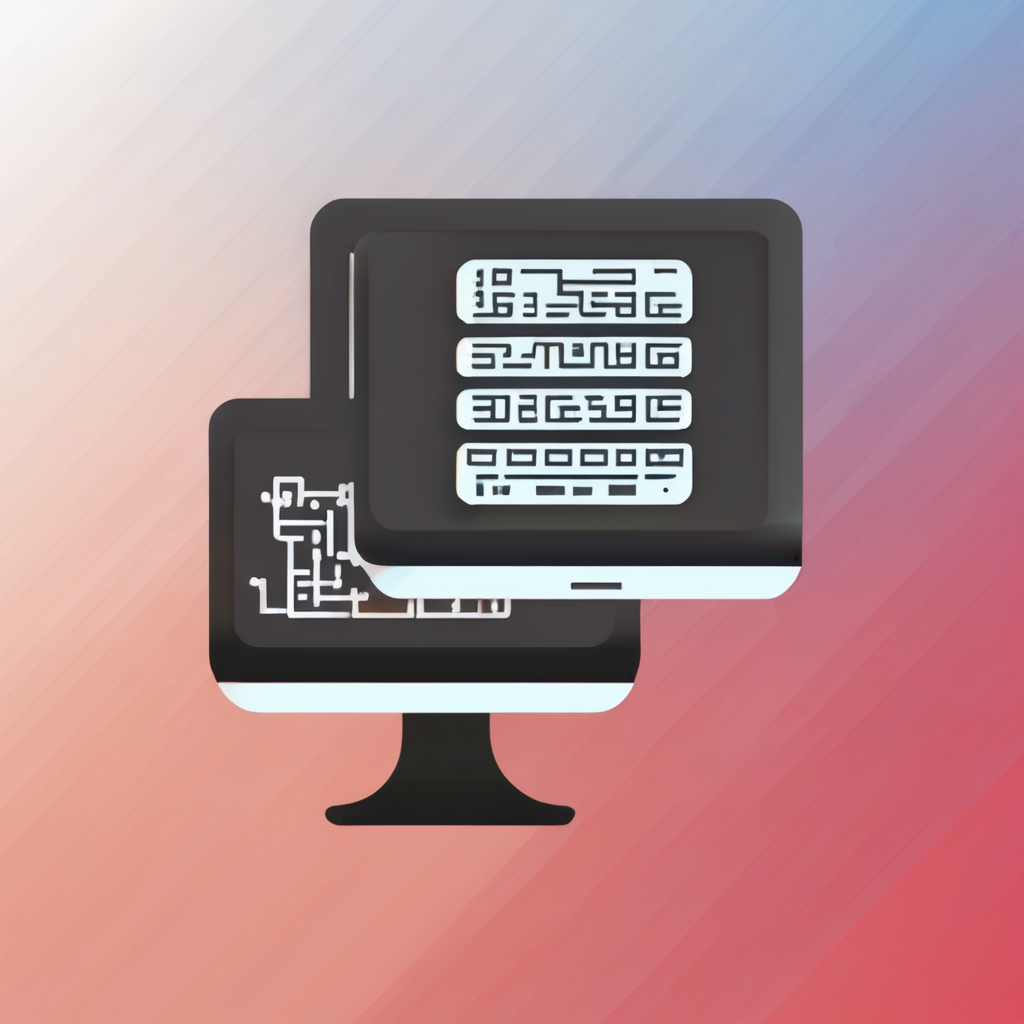Key Advantages of UK Computing Hardware in Healthcare Innovations
UK computing hardware offers enhanced computational performance that is essential for modern healthcare innovation. This performance boost enables faster processing of complex medical data, from imaging to genomics, allowing healthcare professionals to deliver timely and more accurate diagnoses. The efficiency gained through advanced UK computing hardware reduces processing bottlenecks, improving overall patient care outcomes.
Reliability is another cornerstone of UK computing hardware in healthcare settings. Systems built with this hardware ensure high uptime and stability, which is crucial when supporting critical healthcare operations like patient monitoring and emergency response systems. Dependable hardware minimizes disruptions, maintaining continuous healthcare services even during peak demand.
Also to read : How Does UK-Computing Hardware Impact Everyday British Life?
The robust data security embedded in UK computing hardware addresses the stringent privacy and regulatory requirements unique to healthcare. These systems provide strong protection against data breaches, ensuring sensitive patient information remains confidential. Secure hardware architectures also facilitate compliance with healthcare standards, safeguarding both data integrity and patient trust.
Together, these advantages—performance, reliability, and security—make UK computing hardware a vital component driving forward healthcare innovation. By integrating such technology, healthcare providers can leverage cutting-edge computational resources while maintaining the high standards necessary for patient safety and data protection.
Topic to read : How can UK computing hardware innovations benefit the healthcare sector?
Compliance with UK Standards and Regulations
In the UK healthcare sector, strict adherence to UK healthcare regulations and data protection laws is crucial for any technology solution. This ensures patient safety, privacy, and system reliability. Compliance with NHS Digital guidelines and UK/EU data protection frameworks such as GDPR is mandatory for all healthcare technologies. These policies govern how patient data is stored, shared, and protected to maintain confidentiality and trust within medical environments.
Healthcare providers must rely on devices and systems that have undergone trusted certification processes. These certifications verify that a technology meets rigorous safety standards and guarantees interoperability with existing healthcare infrastructure. By doing so, certified technologies integrate seamlessly with hospital electronic health record (EHR) systems, pharmacy systems, and other core healthcare workflows, minimizing disruptions and enhancing operational efficiency.
A key aspect of compliance involves ensuring that healthcare solutions are adaptable to the UK’s evolving regulatory landscape. This includes consistent updates aligned with NHS Digital standards and ongoing monitoring of GDPR compliance. Such dedication prevents legal complications and promotes patient trust by safeguarding sensitive health information against breaches.
Ultimately, technologies that fully comply with UK healthcare regulations provide healthcare providers with confidence that their tools are not only effective but also safe and legally sound within the UK healthcare system.
Support for Advanced Medical Devices and Health IT
Advanced medical devices and health IT systems demand specialised hardware and software solutions to ensure reliable operation and integration. Bespoke hardware, designed specifically for clinical and diagnostic devices, enhances performance by tailoring components to the precise needs of the equipment. This customised approach leads to greater accuracy, durability, and responsiveness, vital in environments where patient outcomes are dependent on technology.
Interoperability is a cornerstone of effective digital health ecosystems. Ensuring that medical devices seamlessly communicate with electronic health records (EHR) and imaging systems minimizes data silos and reduces manual entry errors. This compatibility streamlines workflows for healthcare professionals, allowing faster diagnosis and treatment decisions. The capacity to integrate with diverse health IT platforms further supports continuous monitoring and data exchange across departments.
Moreover, supporting smart hospital technologies and telemedicine hinges on reliable hardware infrastructure. Devices embedded with interoperable components facilitate real-time remote consultations and remote patient monitoring. This setup not only extends access to specialised care but also optimises resource allocation within healthcare facilities. By prioritising customised hardware and strong integration capabilities, the medical sector can fully leverage digital health advancements for improved patient care.
Leveraging Local Industry Expertise and Support
In the UK technology sector, tapping into local expertise offers significant advantages, especially when integrating advanced robotic solutions in healthcare. Partnering with specialist hardware providers who understand the unique demands of the healthcare sector ensures that the technology is finely tuned to meet clinical and operational needs. These providers bring invaluable insights from working directly with health professionals, allowing for tailored solutions that improve patient outcomes and workflow efficiency.
An essential benefit of sourcing hardware locally is the availability of swift technical support and maintenance. When issues arise, UK-based support teams can respond promptly, minimizing downtime. This rapid response framework is critical in healthcare environments, where machine uptime directly influences patient care quality.
Furthermore, strong collaborations between hardware developers and NHS or healthcare trusts foster innovation and continuous improvement. These partnerships facilitate real-world testing and feedback, ensuring that the technologies evolve in line with healthcare priorities. For instance, joint ventures allow hardware solutions to be customized to fit specific trust protocols, enhancing acceptance and deployment speed.
Overall, relying on local industry knowledge in the UK technology sector provides healthcare providers with not only high-quality, specialized hardware but also the reassurance of effective and accessible customer support, driving better integration and sustained success.
Real-World Examples of UK Computing Hardware Driving Healthcare Innovation
UK computing hardware has powered numerous healthcare innovation examples by enabling faster, more accurate diagnostics and patient monitoring. One practical application lies in the integration of advanced computing systems within hospital settings, where real-time data processing aids clinicians in making informed decisions quickly, directly impacting patient outcomes.
A notable case study illustrates how NHS trusts have leveraged digital pathology systems underpinned by UK-developed hardware. These systems facilitate high-resolution imaging of tissue samples, allowing pathologists to analyze complex data swiftly and remotely. This technological advance not only streamlines workflows but also improves diagnostic accuracy, showcasing a clear success story of practical application in healthcare.
During the COVID-19 pandemic, UK computing hardware played a crucial role in rapid response efforts. Systems with robust processing capabilities supported massive data analysis for virus tracking and patient monitoring, contributing significantly to containment strategies. These implementations exemplify how computing hardware directly enhances public health measures, reinforcing the value of UK innovation in critical healthcare contexts.

